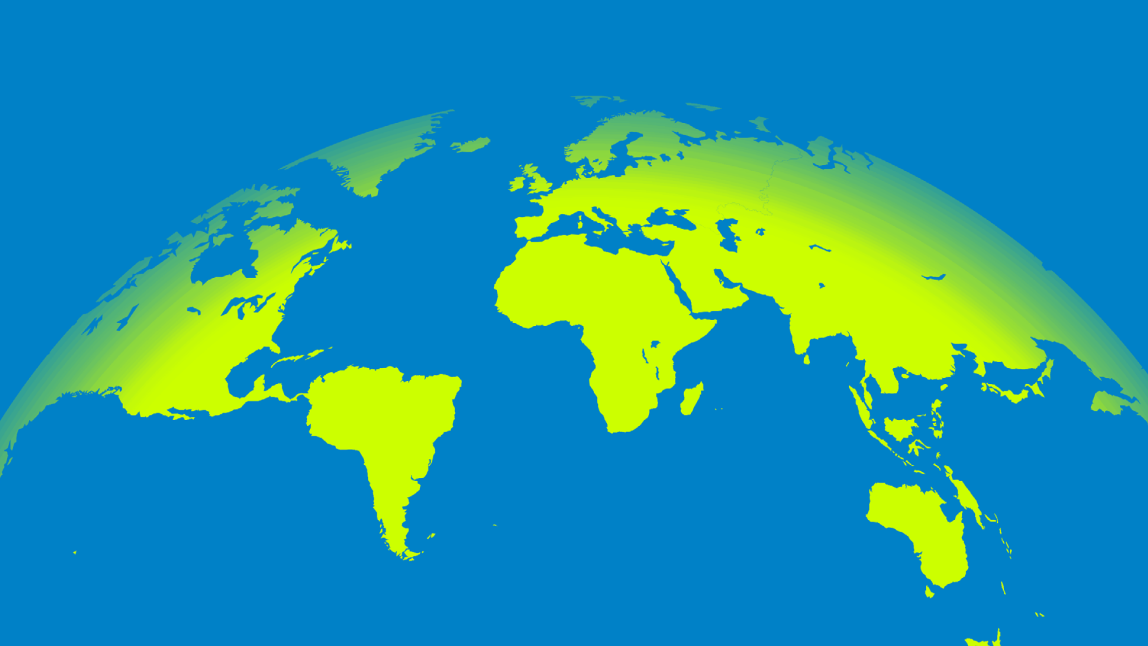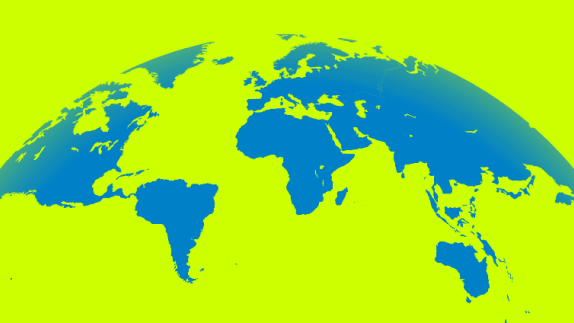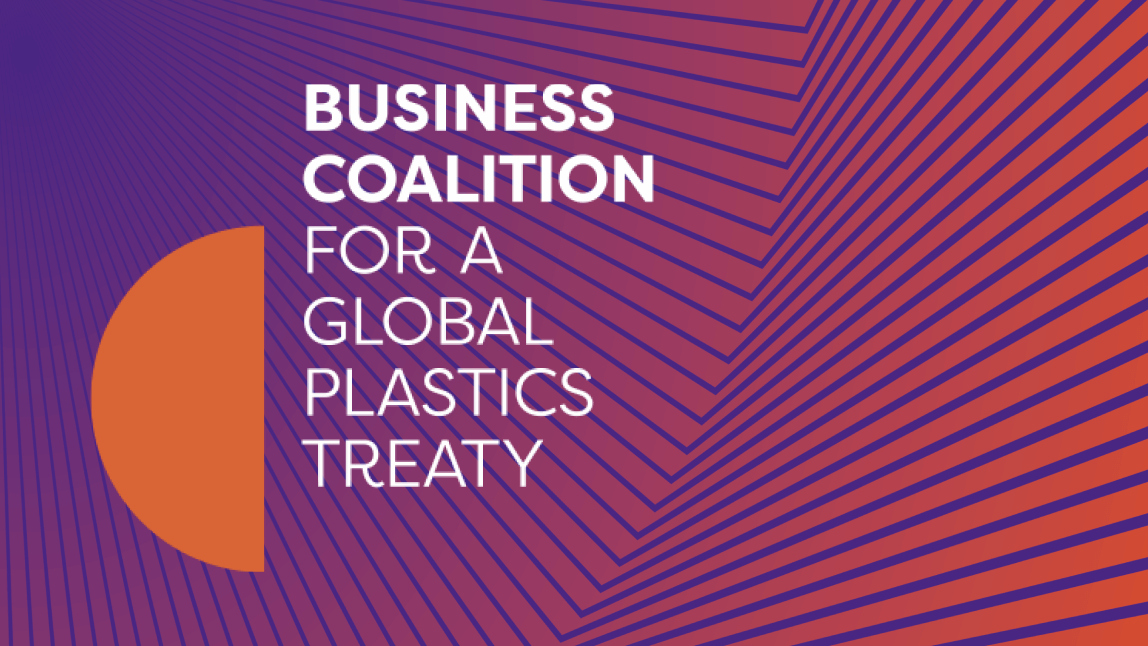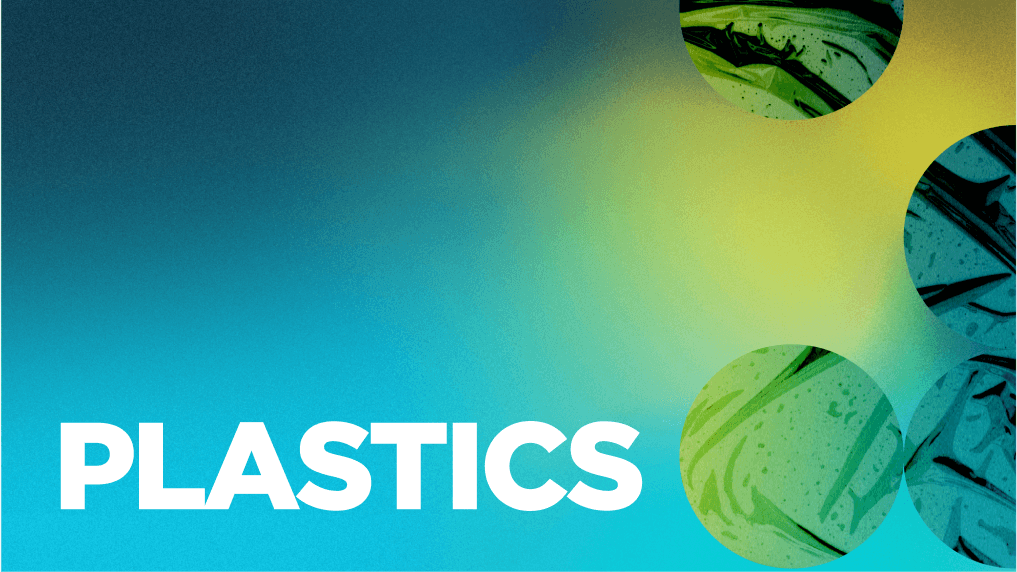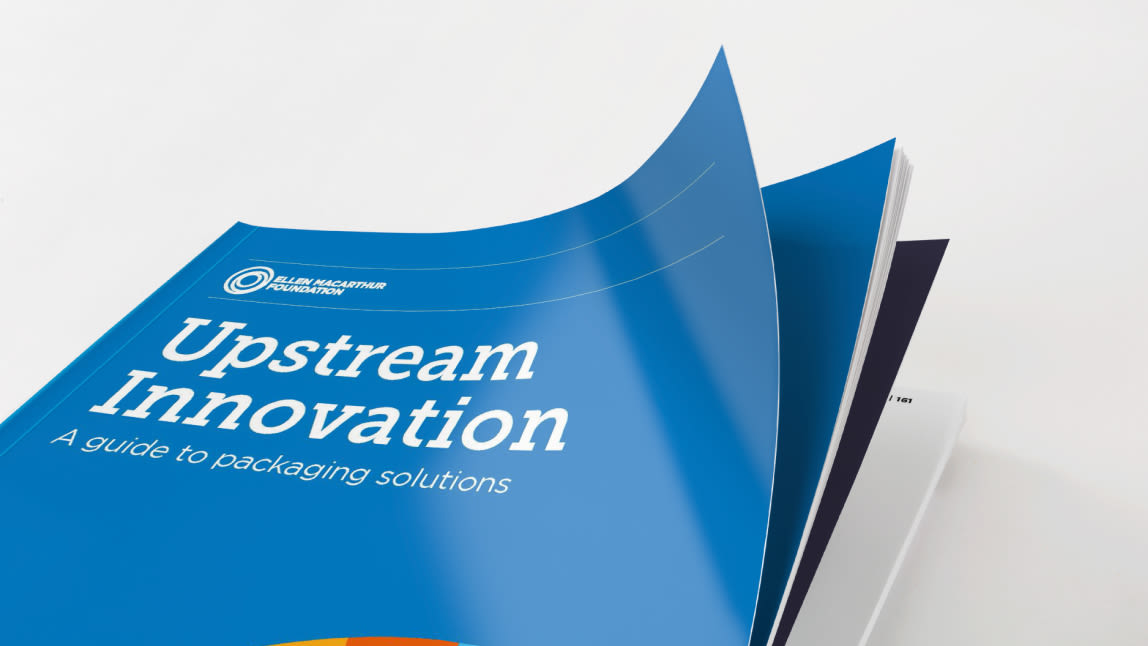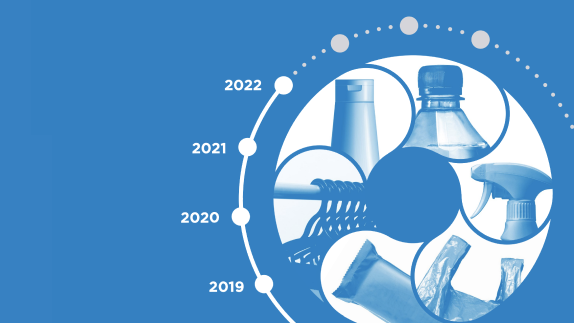In a joint report, The Business Case for a UN Treaty on Plastic Pollution, the Foundation, WWF, and Boston Consulting Group, set out the opportunity for a new global UN treaty on plastic pollution.
In a joint report, The Business Case for a UN Treaty on Plastic Pollution, the Foundation, WWF, and Boston Consulting Group, set out the opportunity for a new global UN treaty on plastic pollution.
To accelerate progress towards a circular economycircular economyA systems solution framework that tackles global challenges like climate change, biodiversity loss, waste, and pollution. It is based on three principles, driven by design: eliminate waste and pollution, circulate products and materials (at their highest value), and regenerate nature. for plastic, there is an urgent need to amplify current efforts through coordinated and ambitious approaches, such as the Foundation’s New Plastics Economy Global Commitment and Plastics Pact network.
A common structure would set a clear direction and conditions, giving governments and businesses the impetus to move forward more decisively. A global agreement setting out global goals and binding targets, together with national action plans and consistent measurement, is needed to:
harmonise policy efforts
enhance investment planning
stimulate innovation
coordinate infrastructure development
While voluntary initiatives can deliver change among market leaders, an international binding approach is needed to deliver the necessary industry scale change.
Based on the report, major businesses issued a call today for a UN treaty on plastic pollution to address the fragmented landscape of regulation and complement existing voluntary measures.
Alongside almost 2 million people also calling for a treaty, more than two-thirds of the UN member states from across the world, have officially declared that they are open to considering the option of a new global agreement, including African, Baltic, Caribbean, Nordic and Pacific states, as well as the European Union.
A resolution to start negotiations on such a treaty is expected to be tabled at the upcoming 5th Session of the United Nations Environmental Assembly (UNEA5) in February 2021. This comes after the Assembly recognised plastic pollution as a global problem. Previously, a 2017 UNEA mandated examination concluded that the existing international legal framework governing plastic pollution is fragmented and ineffective. Both the report and business manifesto stress the urgent need to develop and adopt a new global treaty on plastic pollution as soon as possible.


